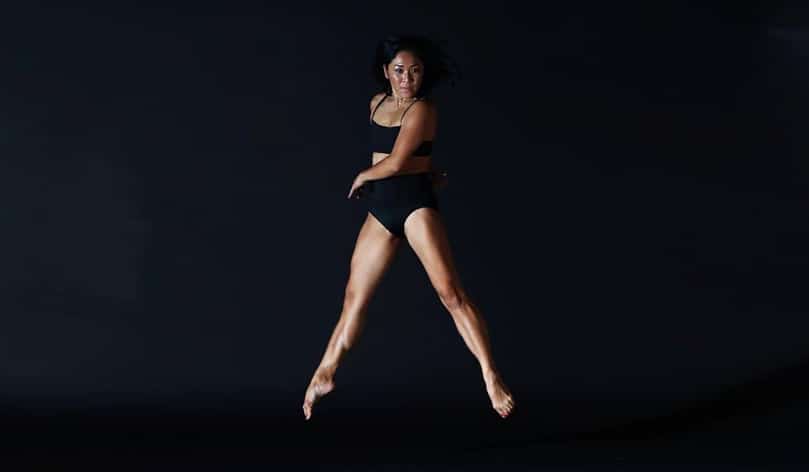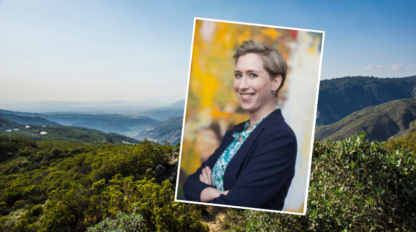More Than Three Months of Dance


“So when I was ten and I told my parents that I wanted to try dance, you couldn’t blame them for thinking, ‘Here we go again.’ Also, dance lessons were going to be expensive.”
Later, she spent two years with the Dallas Black Dance Theatre. She also danced for musical theatre in a production of Cats and, for a full year, with the national touring company for a revival of The King and I.
Lessons About a Dance Career
During her King and I tour, Yuka met the man she would marry, and they decided to settle in Los Angeles. With her husband she had two sons, who are now eight and eleven.
Since the move to Los Angeles she has had both hips replaced, so for the last decade she has focused on teaching rather than performing. She teaches now not only at Idyllwild Arts, but at Los Angeles County High School for the Arts, the Colburn School, and the Debbie Allen Dance Academy.
Even though Yuka’s different teaching jobs require a lot of driving, only the drive to Idyllwild Arts takes her out of the LA area. Yet that’s all right.

“Then I get to Idyllwild, where it’s so beautiful and the students are so lovely!”
Yuka teaches more than the mechanics of modern dance to Idyllwild Arts Academy’s students. She also has crucial lessons about how to approach a dance career. One of the lessons comes from her time with the Dallas Black Dance Theatre, which was rewarding but also brought disappointment. She was left out of the company’s visit to Germany, for a festival, because the festival organizers wanted only black dancers.
“It made me angry that our company director didn’t say, ‘These are my dancers, so you need to take her.’ But it’s the kind of thing that dancers often face. An ongoing problem for me was that Asian female dancers are expected to be petite, and I didn’t fit the stereotype.”
She pauses.
“So when I teach young dancers I teach dancing, of course, but also that they need to have a resilient attitude. Dancers have to understand that no matter how well they move, it’s possible that the kind of body they have may not satisfy some people’s expectations.”


